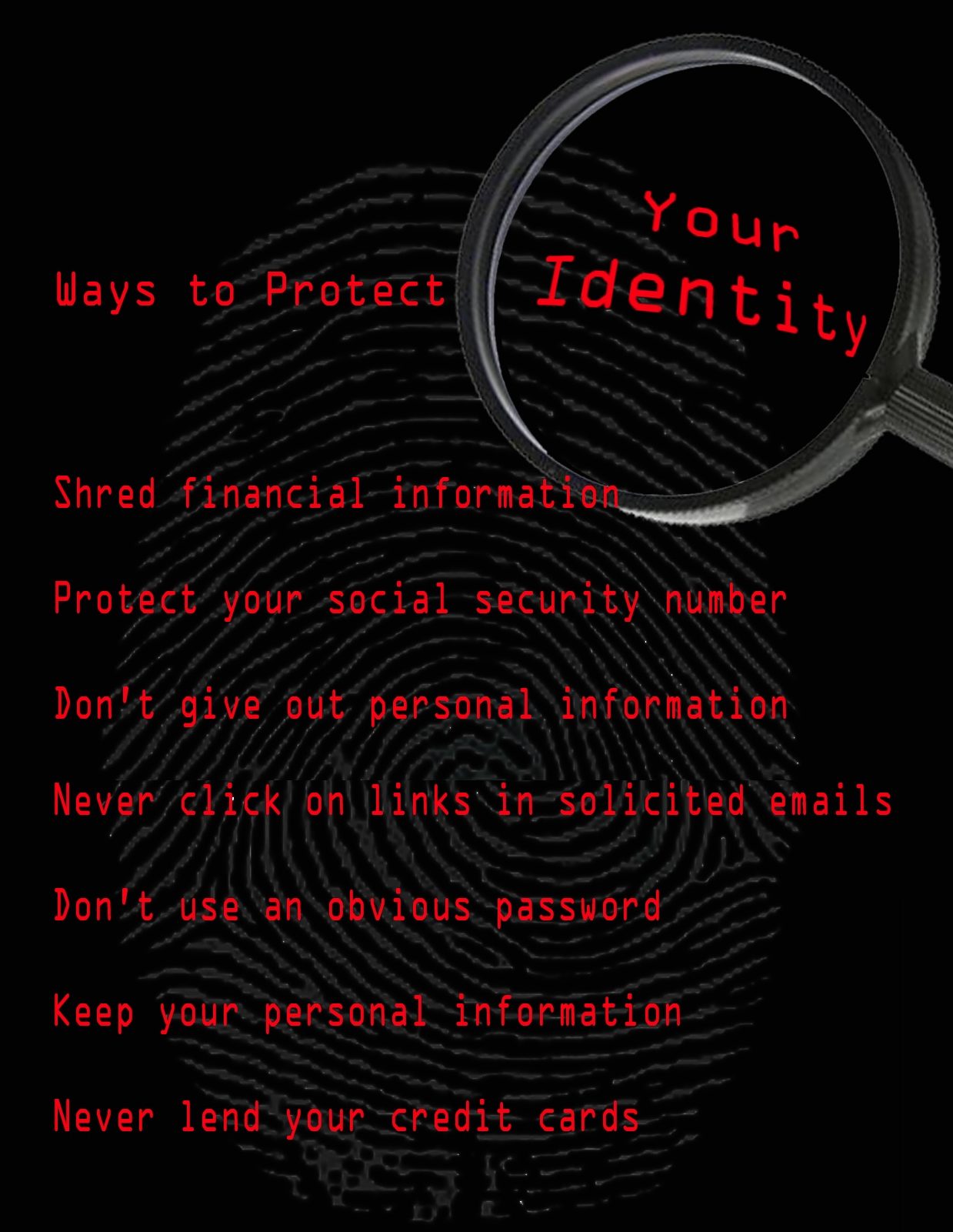Only install apps from trusted sources. Check an app’s reviews, confirm the legitimacy of the app store, and compare the app sponsor’s official website with the app store link to make sure they’re the same. Many apps from untrusted sources contain malware that can steal information and install viruses.
Understand app permissions before accepting them. Check the privacy settings for an app before you install it. Be cautious about what access to your personal information you give apps.
Be smart on open Wi-Fi networks. If unsecured, cybercriminals within range of the connection can get to your personal information. It’s wise to not use an open network unless you really have to.
Wipe data on your old phone before getting rid of it.Your personal information is private for a reason, and you want to keep it that way when it’s in someone else’s hands. Reset it to its factory settings before you donate, resell or recycle it.
Report stolen smartphones. Did you know there’s a stolen phone database? Well, there is, so be sure to report the theft to local law enforcement, then register it with your wireless service provider. Other providers will be alerted, and they can set up remote “bricking” so it can’t be used without your permission.
Don’t modify your smartphone’s security settings. This undermines the built-in security features and can make the device more susceptible to attack.
Backup and secure your data. Contacts, documents and photos should be stored in the cloud, on a computer or on a portable storage device so you can restore the information if it gets erased, lost or stolen.
Install security that enables remote location wiping. This might be a default on your phone or an app. It can remotely locate and erase all of the data on your phone if it’s stolen or lost. Some apps also offer loud alarms to find your phone (even if it’s on silent), as well as to help locate lost devices.
Access updates and patches to your software. Set these up to automatically update so you reduce the risk of exposure to cyber threats.
Social Media Sites:

Limit the personal information you post. Do you want a stranger to know how long you’re going on vacation? Probably not, so don’t post it on social media. Make sure your connections don’t, either.
Remember that the Internet is a public resource. Same basic concept as above – if you think your job would frown on something you’re planning on posting, don’t post it. Only post what you’re comfortable with everyone seeing. If you do post something controversial, know that even if you remove it, saved or cached versions may still exist.
Be wary of strangers. The Internet is full of weirdos and people misrepresenting themselves. Consider limiting who you allow to contact you on social media, and be cautious about what info you reveal.
Be skeptical. Don’t believe everything you read online. There is a lot of false and misleading information out there, so try to verify details before taking any action.
Take advantage of privacy settings. Most sites have default settings that let anyone see your profile, but you can easily add more restrictions. Check up on these settings occasionally, too, since sites change their options from time to time.
Be wary of third-party applications. Candy Crush. Farm Heroes. They might be fun, but they often require a lot of your personal information. Be wary of any that seem suspicious, and modify your settings so you limit what information they can access.
Use strong passwords. This is pretty standard for anything online, but it stands to be repeated. You don’t want your password to be compromised, so pick a good one. Here are tips on how to do that.
Check privacy policies. Some sites will share your information, including email addresses and user preferences, which can increase spam. To reduce that, consider hiding your email address or changing the settings so that only a few people you trust can see it. Also, check out the site’s referral policy so you don’t unintentionally sign up your friends to get spam.
Hopefully, some of these tips were new and useful to you. Here are a few more for non-techie computer users, as well as social media tips for students and parents.
Stay safe, my Internet friends!
Featured Content and Media – DoD










COMMENTS